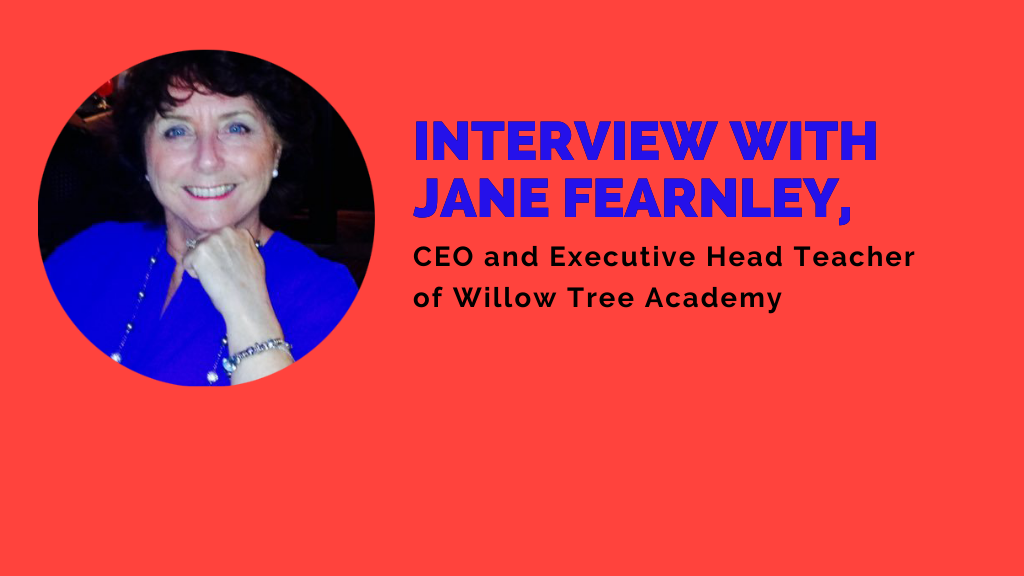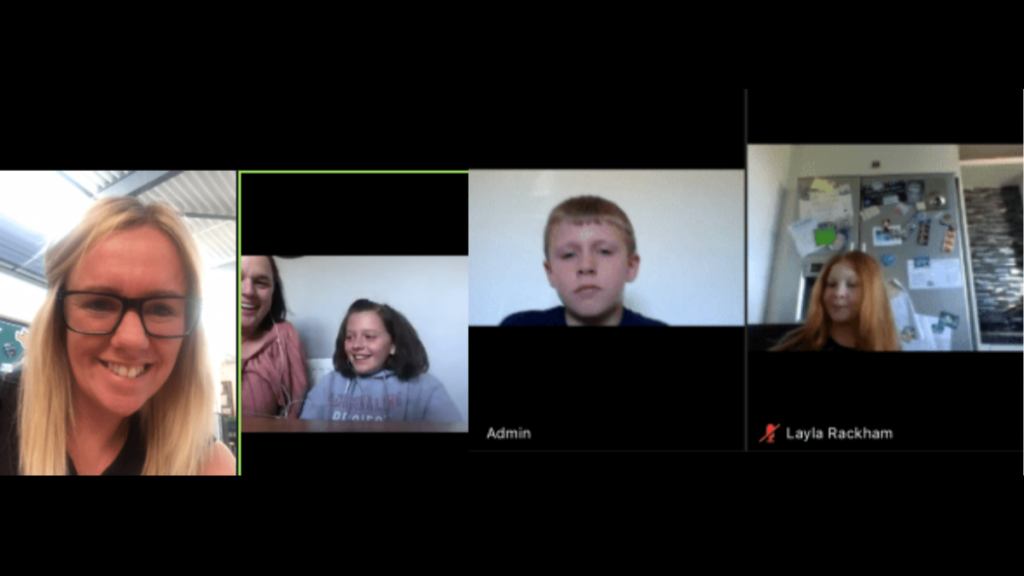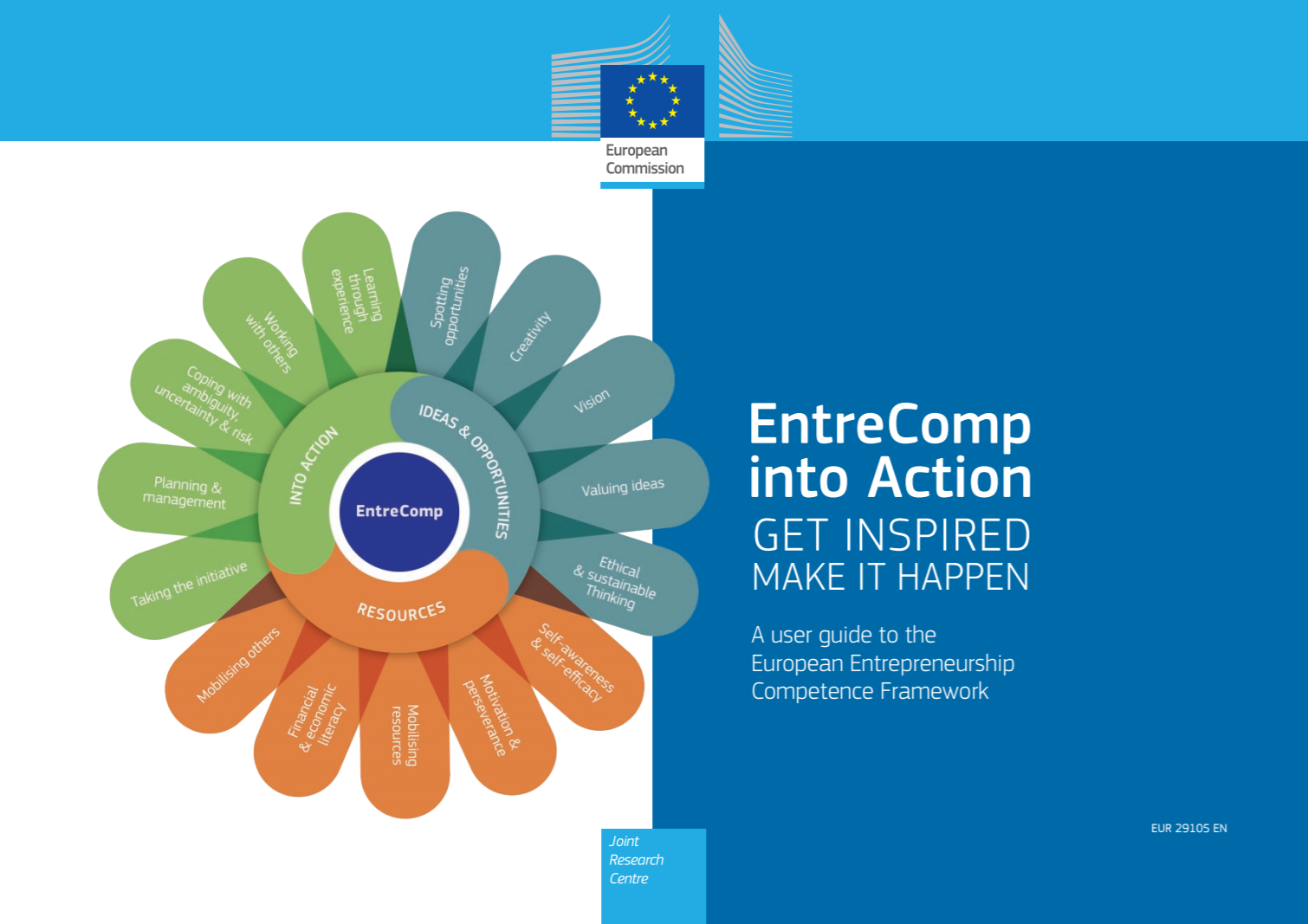Most schools around the world have closed in a bid to contain the spread of the coronavirus pandemic. According to UNESCO, almost 70% of the world’s student population is affected by the closures. Due to this situation, allPilot 2 NEMESIS schools are also closed. Some of the schools will start with their projects again in September, other schools, as the Willow Tree Academy’ s schools, are continuing with their projects online. In this interview, Louise Greenwood, Head of School at Willow Tree Academy reflects on what school life has been like since lockdown, and the steps she and colleagues are making to take NEMESIS online. It will be the first in a series of blogs which look at how the school is adapting NEMESIS under COVID.
What’s school life been like since COVID?
LG: It has been a lot harder working from home than I initially thought because everyone needs a lot of support and direction as we’ve transitioned from teaching in the school, face to face, to moving to a different way of working. In terms of communicating with staff, I’m doing a lot more of that. In school on a day to day basis you might speak to someone in the corridor and say a quick hello and solve a problem, but now there might be calls using google hangouts as a team, wellbeing phone calls to individual members of staff or messages/emails to respond to daily. From the children’s perspective, we’re providing a structure exactly like they would have in school for example they would have guided reading, literacy and numeracy in the morning and a topic related experience in the afternoon. We have been using Google classroom and Class Dojo, and 90% of the school community has access to that, and for those who don’t have the technology, we’ve been printing off packs and parents have collected them. I do feel pressure because you want to do right by everyone, you want to help the children maintain their learning, you want to support the parents and your colleagues, you’re worried about people’s well-being and mental health and this can be quite demanding on my time, I often complete my work in the evenings to ensure I keep up. It’s a lot to manage. The main success has been the engagement with parents and carers, that connection is somehow stronger now, like we’re all humans going through this same experience. Perhaps it’s because they’re off work too, and so when they’ve needed something, we’ve been able to communicate via Google Classroom or Class Dojo and help them. I think they’ve really valued the amount of support we’re giving now, and how hard we work for the children, and they’re really appreciating that. We do have a number of parents who think that we expecting too much from children however this is a minority.
We really want to keep the children on board because it has been such a brilliant experience for them. The projects are their projects, so now they really want to know what’s happening.
Why did you want to maintain NEMESIS?
LG: Because I’m running NEMESIS across our school it is easier for me to liaise with teachers and link projects to the topic they are teaching. I’m trying to see how we can maintain the engagement and links that have been built up through the project. We really want to keep the children on board because it has been such a brilliant experience for them. The projects are their projects, so now they really want to know what’s happening. Parental engagement in co-creation labs has not always been strong because parents have been at work, but in the virtual lab parental engagement was very high. Every child who took part had a parent or carer there, listening to everything that was happening, being part of the conversation, that makes a massive difference in terms of them knowing about and understanding what the children and the project are trying to do. We have had positive responses from parents on Twitter regarding our projects and we haven’t had this before. We are now planning our next online meeting for Year 4 and looking where we can go with projects while socially distancing.
What did you decide to do?
LG: Jane (Fearnley, Willow Tree Academy Executive Head Teacher), had the initial call with the NEMESIS partnership and came away with wanting to think about how to maintain social innovation and social interaction whilst the country is social distancing. We’ve noticed how the country has come together to support each other and so we wanted to keep this very socially focussed project going, because it is something that brings different people together. We’re using a zoom as a method to communicate with people outside of Willow Tree and for safeguarding purposes it doesn’t give our email addresses to parents/children, so thought we could use this as a method to communicate with children and parents at home, but link in with our NEMESIS community partner, Cllr Rob Elliot, and also John Capper from Oakworth Homes, who is part of the LEAF project which was evolving through earlier co-creation labs. We decided to run a virtual co-creation lab, based around what learning could come out of the LEAF project, and what children thought they could learn about, through listening and asking questions in the lab.
How did you organise it?
LG: I set up a zoom call on my own zoom account and copied the link to everyone in the meeting. The main concern there was about security and providing a link that could only be accessed once by everyone. I had some meetings with Y5 colleagues and planned an agenda for the meeting, which was pretty straightforward and then to keep things simple I targeted some children and parents to take part. In future labs, we are going to ask for volunteers, and compare what the experience is like. In total there was myself, Jane and 3 Y5 class teachers, Cllr Rob Elliot, local councillor and John Cappa, who owns Oakworth Homes, and then we had two children and two parent or carers from every class (6 children and 6 parents in total).
We had an agenda, everyone introduced themselves, from the left to the right on the zoom screen. Then Jane gave an update in terms of the LEAF project and what’s happening on site and where we’re up to with the project. Then John talked about what his company does, all the different job roles in the company and how the children can get involved and what they can learn. John’s company is doing the timber frame, but there is so much that goes with that, the frame itself, how it’s constructed, how its treated so it doesn’t rot, the type of wood that is imported and how its transported from Scandinavia, how the business works and the different roles such as the estimating team, the designers and the site construction and that they hire 16-18-year-olds as apprentices. The children were fascinated because when you think of a building company you think about what is happening on a building site, but not about everything behind the scenes.
What would you advise if a teacher was going to try this?
LG: We sent every child/parent who was participating some questions so that they wouldn’t get flustered when it came to the open discussion and could have something to ask, even if they couldn’t think of something on the spot. That kept the conversation flowing and meant everyone had a question they could ask. If we were going to do it again, we’d use an activity out of the NEMESIS resource bank as an icebreaker and send that by email before so people were prepared. We did do introductions, but it would have been nice to just add something silly like your favourite colour or your favourite food or whatever, to get to know each other a bit more and make it more personal.
The next step is that the class teacher is going to open up a discussion in Google classroom and the participating children are going to feedback what happened and then other ideas will come from the rest of the class.
What’s next?
LG: Through this co-lab that we just ran, children’s ideas showed that they were keen to look at every aspect of John’s company so that through the project they learn about jobs and employment. The next step is that the class teacher is going to open up a discussion in Google classroom and the participating children are going to feedback what happened and then other ideas will come from the rest of the class. For other classes, before lockdown different year groups had chosen different a focus, for example there was a class wanting to take some social action around homelessness, and what’s interesting is that many homeless have been taken off the street, I imagine the children will be asking, if that happened now, why wasn’t it possible before? The main idea of these virtual labs is to maintain children’s connection to the projects, and to keep them thinking, in this changed world, how can we be working together, and what can we be doing to make things better. Each year group has a focus project and we are looking at ways to continue engagement as this has dropped after the Easter Holiday. We are hoping that this is due to the weather and parents are going outside into their garden or taking daily walks. Through our tight safeguarding policy and plan we contact every parent who hasn’t engaged, so through an exciting opportunity like NEMESIS we are hoping we can increase involvement.
Most schools around the world have closed in a bid to contain the spread of the coronavirus pandemic. According to the UNESCO, almost 70% of the world’s student population is affected by the closures. Due to this situation, all NEMESIS schools of Pilot 2 are also closed. Some of the schools will start with their projects again in September, other schools, as the Willow Tree Academy’ s schools, are continuing with their projects via online.
In this interview, Louise Greenwood, Head of School at Willow Tree Academy reflects on what school life has been like since lockdown, and the steps she and colleagues are making to take NEMESIS online. It will be the first in a series of blogs which look at how the school is adapting NEMESIS under COVID.
What’s school life been like since COVID?
LG: It has been a lot harder working from home than I initially thought because everyone needs a lot of support and direction as we’ve transitioned from teaching in the school, face to face, to moving to a different way of working. In terms of communicating with staff, I’m doing a lot more of that. In school on a day to day basis you might speak to someone in the corridor and say a quick hello and solve a problem, but now there might be calls using google hangouts as a team, wellbeing phone calls to individual members of staff or messages/emails to respond to daily. From the children’s perspective, we’re providing a structure exactly like they would have in school for example they would have guided reading, literacy and numeracy in the morning and a topic related experience in the afternoon. We have been using Google classroom and Class Dojo, and 90% of the school community has access to that, and for those who don’t have the technology, we’ve been printing off packs and parents have collected them. I do feel pressure because you want to do right by everyone, you want to help the children maintain their learning, you want to support the parents and your colleagues, you’re worried about people’s well-being and mental health and this can be quite demanding on my time, I often complete my work in the evenings to ensure I keep up. It’s a lot to manage. The main success has been the engagement with parents and carers, that connection is somehow stronger now, like we’re all humans going through this same experience. Perhaps it’s because they’re off work too, and so when they’ve needed something, we’ve been able to communicate via Google Classroom or Class Dojo and help them. I think they’ve really valued the amount of support we’re giving now, and how hard we work for the children, and they’re really appreciating that. We do have a number of parents who think that we expecting too much from children however this is a minority.
We really want to keep the children on board because it has been such a brilliant experience for them. The projects are their projects, so now they really want to know what’s happening.
Why did you want to maintain NEMESIS?
LG: Because I’m running NEMESIS across our school it is easier for me to liaise with teachers and link projects to the topic they are teaching. I’m trying to see how we can maintain the engagement and links that have been built up through the project. We really want to keep the children on board because it has been such a brilliant experience for them. The projects are their projects, so now they really want to know what’s happening. Parental engagement in co-creation labs has not always been strong because parents have been at work, but in the virtual lab parental engagement was very high. Every child who took part had a parent or carer there, listening to everything that was happening, being part of the conversation, that makes a massive difference in terms of them knowing about and understanding what the children and the project are trying to do. We have had positive responses from parents on Twitter regarding our projects and we haven’t had this before. We are now planning our next online meeting for Year 4 and looking where we can go with projects while socially distancing.
What did you decide to do?
LG: Jane (Fearnley, Willow Tree Academy Executive Head Teacher), had the initial call with the NEMESIS partnership and came away with wanting to think about how to maintain social innovation and social interaction whilst the country is social distancing. We’ve noticed how the country has come together to support each other and so we wanted to keep this very socially focussed project going, because it is something that brings different people together. We’re using a zoom as a method to communicate with people outside of Willow Tree and for safeguarding purposes it doesn’t give our email addresses to parents/children, so thought we could use this as a method to communicate with children and parents at home, but link in with our NEMESIS community partner, Cllr Rob Elliot, and also John Capper from Oakworth Homes, who is part of the LEAF project which was evolving through earlier co-creation labs. We decided to run a virtual co-creation lab, based around what learning could come out of the LEAF project, and what children thought they could learn about, through listening and asking questions in the lab.
How did you organise it?
LG: I set up a zoom call on my own zoom account and copied the link to everyone in the meeting. The main concern there was about security and providing a link that could only be accessed once by everyone. I had some meetings with Y5 colleagues and planned an agenda for the meeting, which was pretty straightforward and then to keep things simple I targeted some children and parents to take part. In future labs, we are going to ask for volunteers, and compare what the experience is like. In total there was myself, Jane and 3 Y5 class teachers, Cllr Rob Elliot, local councillor and John Cappa, who owns Oakworth Homes, and then we had two children and two parent or carers from every class (6 children and 6 parents in total).
We had an agenda, everyone introduced themselves, from the left to the right on the zoom screen. Then Jane gave an update in terms of the LEAF project and what’s happening on site and where we’re up to with the project. Then John talked about what his company does, all the different job roles in the company and how the children can get involved and what they can learn. John’s company is doing the timber frame, but there is so much that goes with that, the frame itself, how it’s constructed, how its treated so it doesn’t rot, the type of wood that is imported and how its transported from Scandinavia, how the business works and the different roles such as the estimating team, the designers and the site construction and that they hire 16-18-year-olds as apprentices. The children were fascinated because when you think of a building company you think about what is happening on a building site, but not about everything behind the scenes.
What would you advise if a teacher was going to try this?
LG: We sent every child/parent who was participating some questions so that they wouldn’t get flustered when it came to the open discussion and could have something to ask, even if they couldn’t think of something on the spot. That kept the conversation flowing and meant everyone had a question they could ask. If we were going to do it again, we’d use an activity out of the NEMESIS resource bank as an icebreaker and send that by email before so people were prepared. We did do introductions, but it would have been nice to just add something silly like your favourite colour or your favourite food or whatever, to get to know each other a bit more and make it more personal.
The next step is that the class teacher is going to open up a discussion in Google classroom and the participating children are going to feedback what happened and then other ideas will come from the rest of the class.
What’s next?
LG: Through this co-lab that we just ran, children’s ideas showed that they were keen to look at every aspect of John’s company so that through the project they learn about jobs and employment. The next step is that the class teacher is going to open up a discussion in Google classroom and the participating children are going to feedback what happened and then other ideas will come from the rest of the class. For other classes, before lockdown different year groups had chosen different a focus, for example there was a class wanting to take some social action around homelessness, and what’s interesting is that many homeless have been taken off the street, I imagine the children will be asking, if that happened now, why wasn’t it possible before? The main idea of these virtual labs is to maintain children’s connection to the projects, and to keep them thinking, in this changed world, how can we be working together, and what can we be doing to make things better. Each year group has a focus project and we are looking at ways to continue engagement as this has dropped after the Easter Holiday. We are hoping that this is due to the weather and parents are going outside into their garden or taking daily walks. Through our tight safeguarding policy and plan we contact every parent who hasn’t engaged, so through an exciting opportunity like NEMESIS we are hoping we can increase involvement.

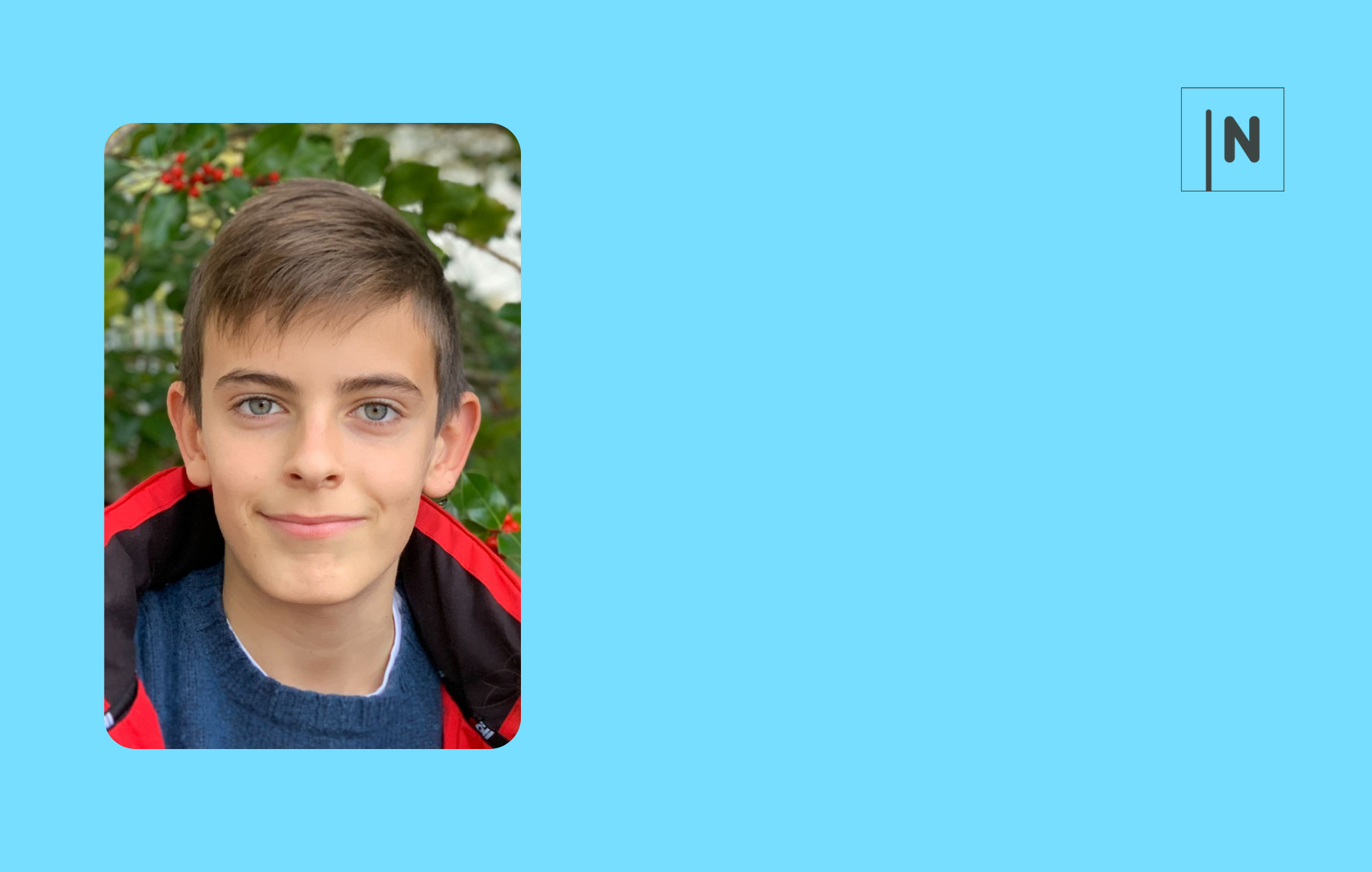

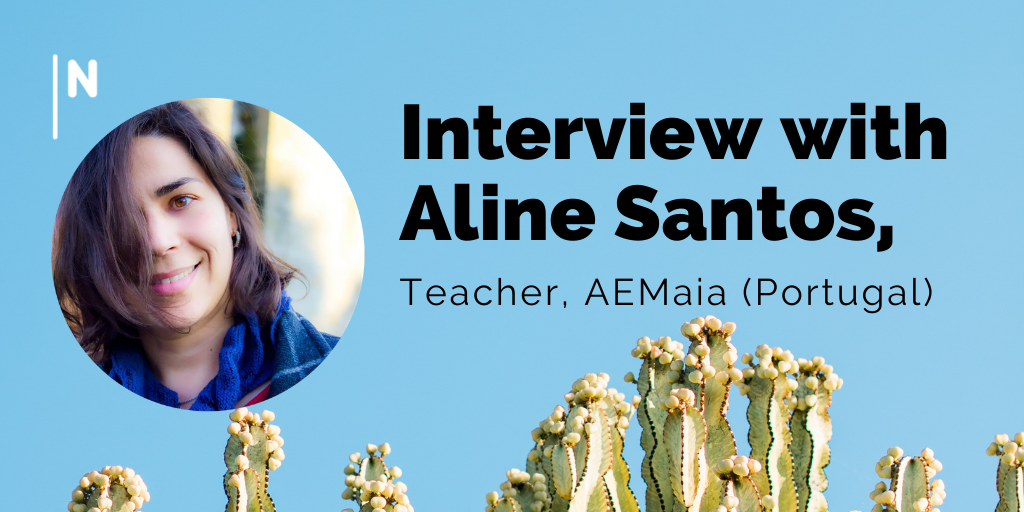
 Aline Santos has been an Elementary teacher for the last 20 years.
Aline Santos has been an Elementary teacher for the last 20 years. 